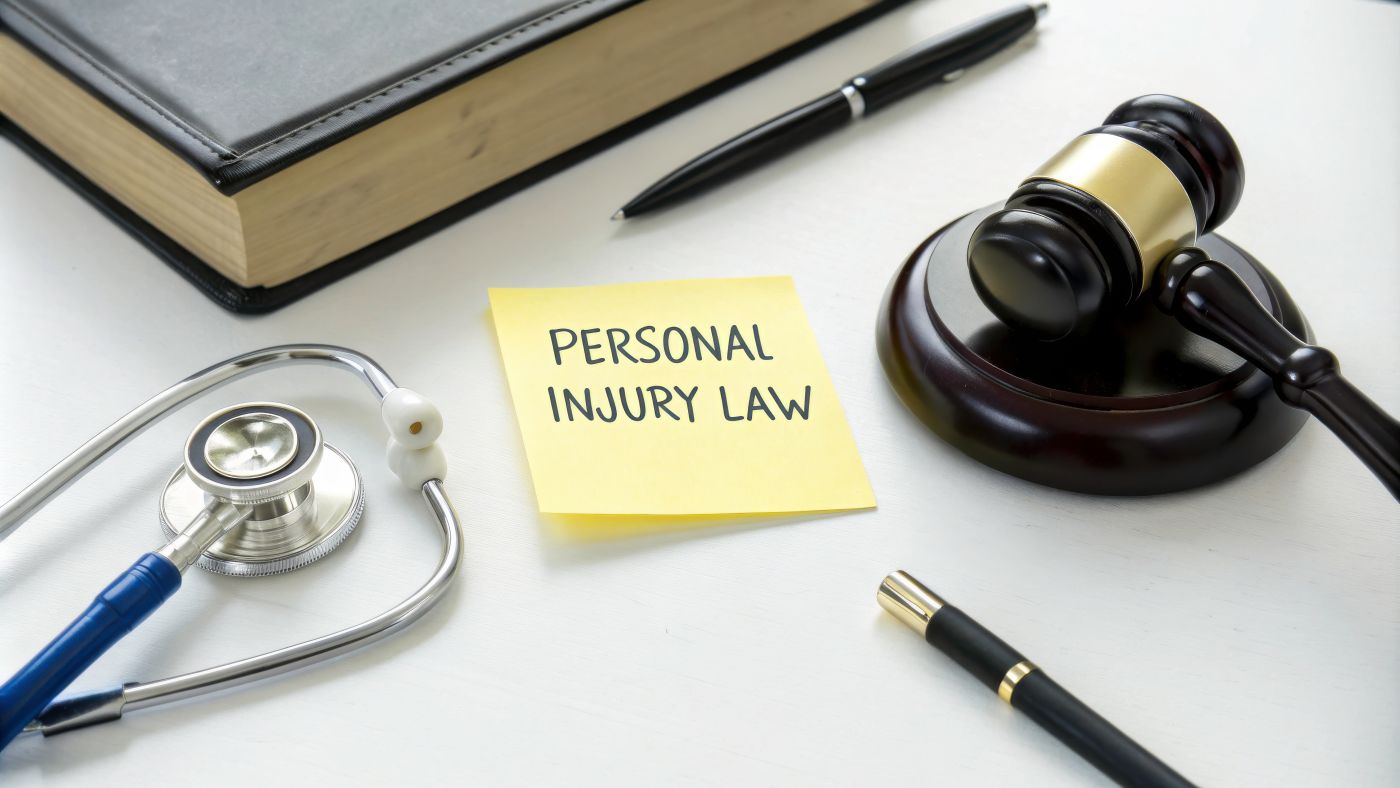It can sometimes be challenging to be pregnant at work. Many find themselves dealing with body pains, morning sickness, nausea, and other ailments that require doctor’s appointments or treatments every few weeks. The good news is that federal and state laws are in place to help those dealing with pregnancy stay healthy, and avoid being discriminated against while working. Here are some important things to know for anyone dealing with pregnancy in the workplace.
You Have Laws Protecting Your Rights
Below are some of the laws that you will want to be familiar with, since they will determine what your employer is, and is not, allowed to do. Since there are different levels at which the laws apply, it is important to be aware of the size of your employer, how many employees they have, whether they are a municipality, and how long you have been with them. If you have questions about any of these relating to you, you can always contact Liberty Trial Law Group for clarity on whether the laws apply to your potential case.
Family and Medical Leave Act (FMLA)
An employee must return from maternity leave to the same salary, benefits, and working conditions as they had before. This means that in addition to the 12 weeks of mandatory unpaid maternity leave that the employer is obliged to provide, the employer must preserve the position and benefits in the same way they would for someone who is sick or on disability leave.
There are stipulations on FMLA however. The employee must work for a covered employer, have been employed by them for at least 12 months, had at least 1,250 hours of service with them over the immediately preceding 12 months, and works at a location where the employer has at least 50 employees within 75 miles. The employer must be a public or private school, a municipal employer, or be a private sector organization with 50 or more employees in 20 or more workweeks in the past year.
Pregnancy Discrimination Act (PDA)
Pregnant employees often fall under temporarily disabled categories, in which they are allowed to take disability leave or leave without pay, within the same parameters as it allows for any other short term disability. You also cannot be treated differently than other workers because you are pregnant
Americans with Disabilities Act (ADA)
If an expecting or recent parent experiences complications or disabilities resulting from the pregnancy, they may fall under the ADA, which would require the employer to provide employee leave, or workplace modifications. If your employer has 15 or more employees, they cannot fire you, refuse to give you a promotion, or harass you because of pregnancy-related disability. You can often ask for “reasonable accommodations” as long as you can perform the basic duties of your job with those changes.
Missouri Human Rights Act (MHRA)
All public employers and private employers with six or more employees, are prohibited from any employment practices that discriminate based on an individual’s sex. The Code of State Regulations states that:
A written or unwritten employment policy or practice which excludes from employment applicants or employees because of pregnancy is in prima facie violation of Chapter 213, RSMo (1986) and may be justified only upon showing of business necessity. (A) Disabilities caused or contributed to by pregnancy, miscarriage, legal abortion, childbirth and recovery are, for all job-related purposes, temporary disabilities and should be treated as such. 8 CSR 60-3
This lack of differing treatment extends to opportunities for advancement, benefits, and returning to the prior role. The employer cannot decide against promotion due to concerns related to pregnancy or child rearing duties in the future. The employer must make accommodations similar to how it would an employee with a short-term disability, however this is limited by the changes not having a strong negative impact on the employer’s ability to conduct business. This is why an important aspect is being able to show the intent of management, and the lack of a severe impact on the business for them complying. An attorney can help establish all of these factors, which is why it is important to get representation early.
You Can Actually Be Fired
According to the US Equal Employment Opportunity Commission (EEOC), an employer does not have to keep you in a job that you are unable to do or one where you would pose a significant safety risk for others in the workplace. However, your employer cannot remove you from your job or place you on leave because they believe that the work you are doing would pose a health or safety risk to you or your pregnancy.
It is also important to note that many states, including Missouri, are “at-will”, which means that your employer does not need good cause to fire you. With that said, there are still federal and state laws, such as those listed above, that prohibit discrimination on the basis of pregnancy, childbirth, or medical conditions that stem from a pregnancy. This includes what position you have within the company, your absences from work, the compensation you receive, what you are asked to do, and the ability to get a job or keep it.
Your Rights May Be Violated and No One Realizes It
There are many ways in which your rights may intentionally or unintentionally be violated at work. Here are some of the ways we most often see this happen:
Reduction of hours or taking employees off of the schedule while they can still work
Not providing the same level of accommodations that would be extended to an employee experiencing a short term disability
Verbal or physical abuse or harassment due to pregnancy or perceived job performance as a result of raising a family
Discriminating against, or firing an employee for pumping breast milk
Requiring the employee change jobs, especially to a less desirable position
Retaliation against the employee for bringing up pregnancy discrimination matters
You Can Still Have a Case Even if You Cannot Prove It
Sometimes proof is hard to come by. But just because you don’t have access to any information backing up what you are experiencing, does not mean it isn’t there. An attorney can help unearth the communications and evidence that you cannot. Experienced attorneys such as the ones handling workplace discrimination at Baldwin & Vernon know exactly where to look, and how to get the information relevant to your case.
As you think about building your new family, you should not also have to worry about a workplace that has suddenly become hostile towards you due to your being pregnant. It is unlawful for your superiors to harass you, or allow you to be harassed, and it is equally against the law for them to make decisions impacting your career based on assumptions that you will not be able to perform at a high level while raising your children. If you fall victim to any of the above, call Liberty Trial Law Group, or contact us through our website at https://libertytriallawgroup.com/.



